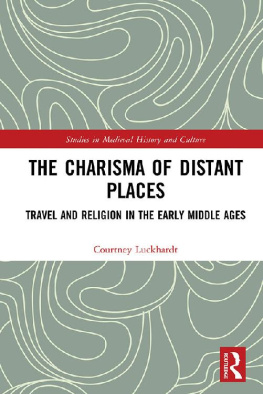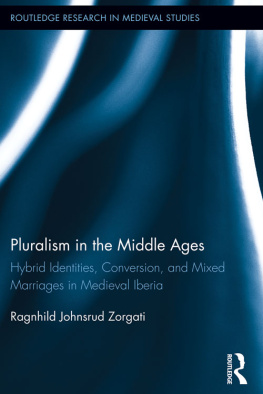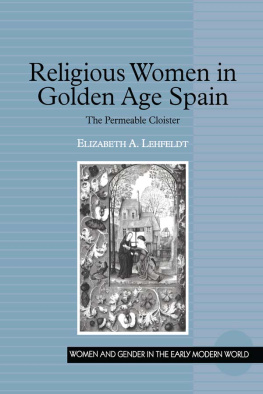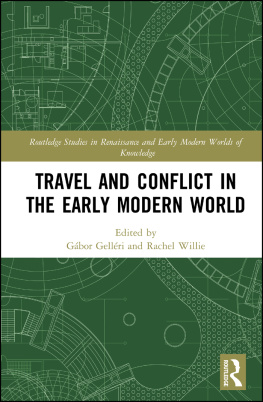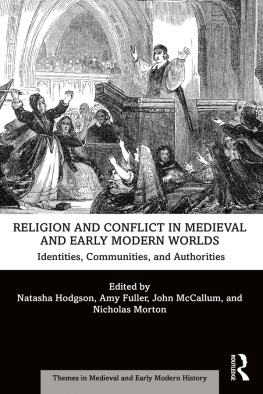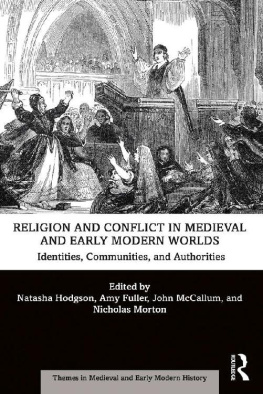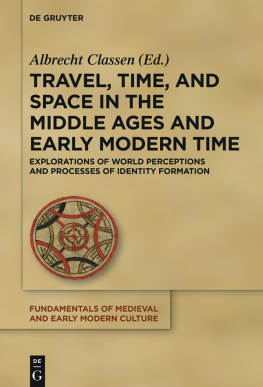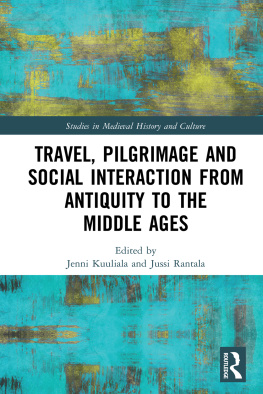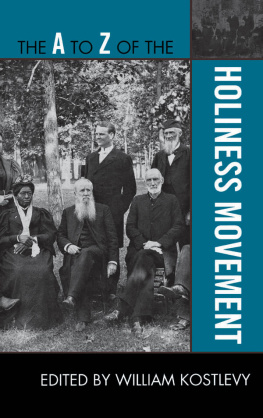The Charisma of Distant Places
This cultural history of early medieval travel and religion reveals how movement affected society, demonstrating the connectedness of people and regions between 500 and 850 CE. In The Charisma of Distant Places, Courtney Luckhardt enriches our understanding of migration through her examination of religious movement. Vertical links to God and horizontal links to distant regions identified religious travelers both men and women as holy, connected to the human and the divine across physical and spiritual distances. Using textual sources, material culture, and place studies, this project is among the first to contextualize the geographic and temporal movement of early medieval people to reveal the diversity of religious travel, from the voluntary journeys of pilgrims to the forced travel of Christian slaves. Luckhardt offers new ways of understanding ideas about power, holiness, identity, and mobility during the transformation of the Roman world in the global Middle Ages. By focusing on the religious dimensions of early medieval people and the regions they visited, this book addresses probing questions, including how and why medieval people communicated and connected with one another across boundaries, both geographical and imaginative.
Courtney Luckhardt is Assistant Professor at the University of Southern Mississippi, USA.
Studies in Medieval History and Culture
Recent titles include
The Charisma of Distant Places
Travel and Religion in the Early Middle Ages
Courtney Luckhardt
The Death Penalty in Late Medieval Catalonia
Evidence and Signification
Flocel Sabat
Church, Society and University
The Paris Condemnation of 1241/4
Deborah Grice
The Sense of Smell in the Middle Ages
A Source of Certainty
Katelynn Robinson
The Charisma of Distant Places
Travel and Religion in the Early Middle Ages
Courtney Luckhardt


First published 2020
by Routledge
2 Park Square, Milton Park, Abingdon, Oxon OX14 4RN
and by Routledge
52 Vanderbilt Avenue, New York, NY 10017
Routledge is an imprint of the Taylor & Francis Group, an informa business
2020 Courtney Luckhardt
The right of Courtney Luckhardt to be identified as author of this work has been asserted by her in accordance with sections 77 and 78 of the Copyright, Designs and Patents Act 1988.
All rights reserved. No part of this book may be reprinted or reproduced or utilised in any form or by any electronic, mechanical, or other means, now known or hereafter invented, including photocopying and recording, or in any information storage or retrieval system, without permission in writing from the publishers.
Trademark notice: Product or corporate names may be trademarks or registered trademarks, and are used only for identification and explanation without intent to infringe.
British Library Cataloguing in Publication Data
A catalogue record for this book is available from the British Library
Library of Congress Cataloging-in-Publication Data
A catalog record for this book has been requested
ISBN: 978-0-367-13735-9 (hbk)
ISBN: 978-0-429-02835-9 (ebk)
For Jenna, my sister and best friend.
Contents
Figures
Maps
Medievalist is not the sort of job description that people expect to hear when they ask you what you do for a living when sitting down next to you on a plane. While a blank stare and a faintly murmured how interesting is one reaction, the other common one is an enthusiastic how did you get interested in that? While my interest in the Middle Ages had many starting points, one was my first trip abroad as a child to western Ireland, visiting the stronghold of the pirate Grace OMalley near Galway and the beehive huts of the monks in the Dingle Peninsula. Our experience of modern travel is vastly different to how medieval people journeyed the world, a dichotomy that as a lifelong traveler myself has always fascinated me. This book has been born out of many trips, as a tourist to museums, as a pilgrim to cathedrals, and as a scholar to libraries. On my journeys, I have incurred many debts.
The formal research for this book began at the Medieval Institute at the University of Notre Dame, one of the finest places in the world to be a medievalist in my opinion. The community of scholars there has shaped my thinking and training in countless ways. I had the good fortune to be mentored by Julia Smith, then at the University of Glasgow, and at Notre Dame, by Tom Noble, as well as Remie Constable, who is deeply missed. Thank you to Amber Handy, Derek Webb, Sarah Davis-Secord, Kathryn Veeman, and Julie Bruneau for their camaraderie both during graduate school and in the years since then.
I have been fortunate to land among the historians of the University of Southern Mississippi, whose support, collegiality, and friendship have been invaluable in the writing of this book. I'm grateful for all my colleagues, but especially for my unofficial faculty mentor and fellow medievalist, Lee Follett, as well as the members of the history department's junior faculty writing group, Allison Abra, Rebecca Tuuri, Andrew Ross, Jill Abney, and Matt Casey, whose comments on various chapters over wine are much appreciated. Thanks are also due for the excellent maps in this book, which were created by my colleague in geography, David Holt, with whom it was an absolute pleasure to work. My colleagues in English have also been a great support, especially Emily Stanback and Alexandra Valint. I'm also immensely grateful to my fellow medieval historians from other institutions whose friendship and feedback were invaluable in writing this book, including Lynda Coon, Kate Craig, Lauren Whitnah, and Val Garver. My appreciation also to colleagues and friends from my first teaching position at the University of Memphis, Susan ODonovan, Chrystal Goudsouzian, Amanda Lee Savage, and Steve Stein. Thanks too to my NOLA writing buddies, Karissa Haugeberg, Chris van den Berg, Katie Edwards, and Ben Benus, and the Newcomb College Institute at Tulane University for their collegial women's writing group on Friday afternoons.
The work on this project has been generously supported by many institutions over the years. First, I must express my gratitude to Southern Miss, including the history department, the College of Arts and Letters/College of Arts and Sciences, the Office of the Provost, and the Lucas Endowment. Thanks also to the NEH Mediterranean Seminar in Barcelona, Spain, the Centre for Medieval Studies at the University of Bergen, Norway, the Marco Institute for Medieval and Renaissance Studies at the University of Tennessee, Knoxville, the Kaneb Center at the University of Notre Dame, the history department of the University of Memphis, and the School of Humanities at the University of Glasgow, Scotland. Thanks also to the librarians all over the world who have helped me find what I needed, including the manuscripts departments at the Bibliothque Nationale de France at Richelieu and the British Library, the Newberry Library of Chicago, the librarians of the Medieval Institute of the University of Notre Dame, past and present, the indefatigable interlibrary loan librarians at USM, and the OCLC program that has allowed me to use the library at Tulane University extensively to write this book. As this project entered its final stages, the team at Routledge has been excellent to work with; thank you to my anonymous readers here, who really understood this project and helped make it better. Thank you even to the anonymous reader at another press, who did not understand this project, but still helped make it better.

